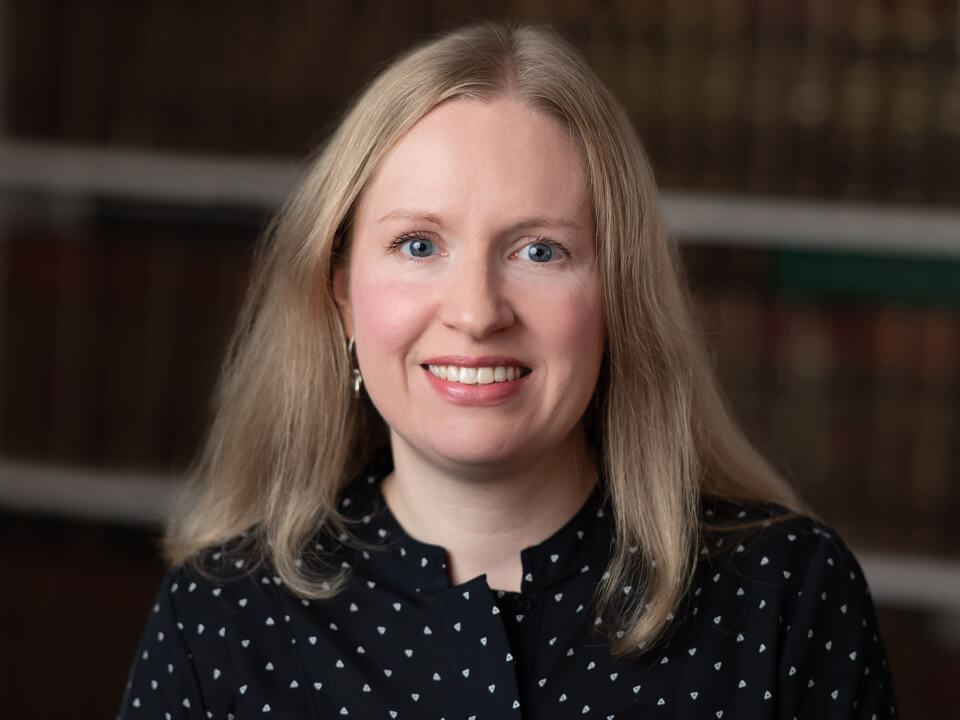Inheritance Tax on Property
It's rare that Inheritance Tax (IHT) is mentioned in a TV soap but when it does it can suddenly become a topic of mainstream conversation. The thorny and often misunderstood topic of Inheritance Tax on a property can often lead to questions like how, why and when IHT should be paid and this is something our Probate Solicitors regularly advise clients on.
What is Inheritance Tax?
Inheritance Tax (IHT) is essentially a tax on the estate; the property, money and possessions of someone who has passed away.
The current rate of IHT is taxed at 40% on the value of assets over and above the threshold of £325,000 (the nil rate band) and so anything below the threshold is free of the tax.
Recently in BBC's EastEnders, the late Dot Cotton left her Albert Square property to her step-granddaughter Sonia which highlights the issues people inheriting a property can have when hit with a large Inheritance Tax bill. Interestingly during one of the episodes, Sonia is heard saying she had to pay £196,000 in Inheritance Tax, which would mean that the property would be worth up to £1 million.
When do you pay Inheritance Tax?
If Inheritance Tax has to be paid then payments must start six months after the person’s death, this is known as payment on account and Inheritance Tax on a property can be paid in up to 10 instalments. The whole amount of IHT is payable once the house has been sold and executors have a number of years in which to pay it, but it must be remembered that any outstanding amount of tax will be charged interest.
“As is the case in EastEnders, when you inherit a property and IHT is to be paid from the sale of the property, as an executor you must make sure all the instalments and interest is paid in full as interest is accrued from six months following the date of death until the Inheritance Tax bill is fully settled,” advised Probate Solicitor, Hannah Pearson.
“Setting up payments on account can help to reduce the interest that could be charged on an estate if it takes longer to sell the house,” she added.
“As a probate solicitor it’s part of my role to help guide clients through this process, for many people it is the first time they have come across Inheritance Tax and for many it can be daunting, especially at an emotional time. Many executors choose instalments, obtain the Grant of Probate and then pay all the IHT due as soon as the property is sold,” she added.
What happens if you can't afford to pay Inheritance Tax?
Payment of Inheritance Tax by instalments may help until the property is sold, or a bridging loan from banks paid directly to HMRC to pay your IHT bill.
“It is usually the case that clients have to pay at least some of the tax ahead of obtaining probate, but this can be claimed back from the estate,” said Hannah. “If you pass on your house to your husband, wife or civil partner when you die there is no Inheritance Tax to pay.”
“The unpredictable changes in the property market over the past few years mean that many more people have fallen into the IHT bracket, and more executors are facing tax bills. Fortunately, despite its complexities, Inheritance Tax is one of the most avoidable taxes and the right advice from a good solicitor will help minimise your tax liability,” added Hannah Pearson.
How can we help
For helpful legal advice on making a Will, Inheritance Tax and Probate contact our Wills, Trusts, Tax and Probate Solicitors on 0161 785 3500 or email enquiries@pearsonlegal.co.uk.
Subscribe to our newsletterPlease note that the information and opinions contained in this article are not intended to be comprehensive, nor to provide legal advice. No responsibility for its accuracy or correctness is assumed by Pearson Solicitors and Financial Advisers Ltd or any of its members or employees. Professional legal advice should be obtained before taking, or refraining from taking, any action as a result of this article.
This blog was posted some time ago and its contents may now be out of date. For the latest legal position relating to these issues, get in touch with the author - or make an enquiry now.





